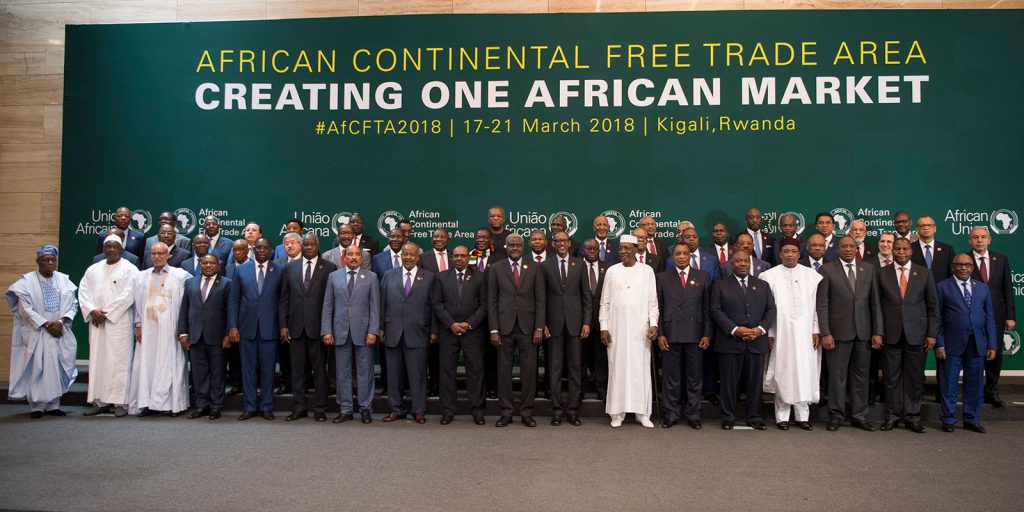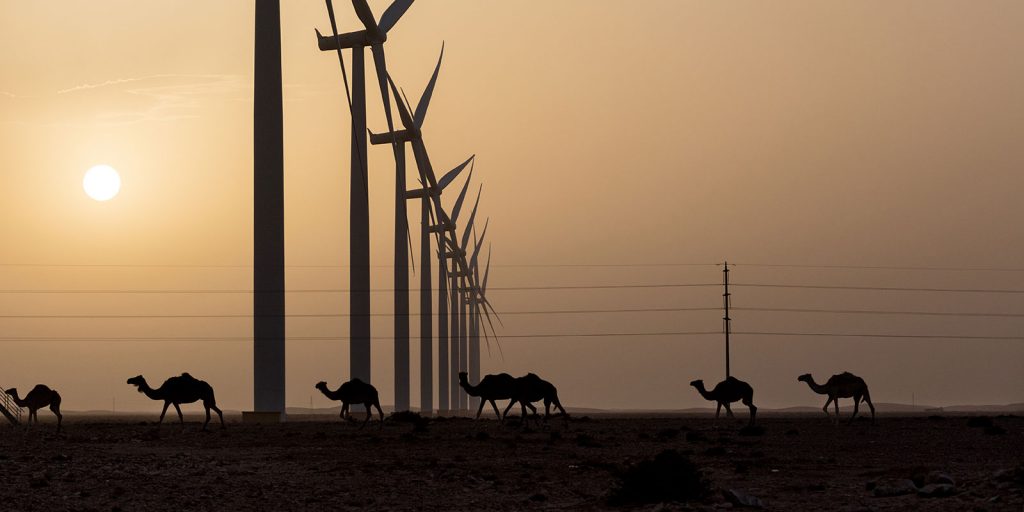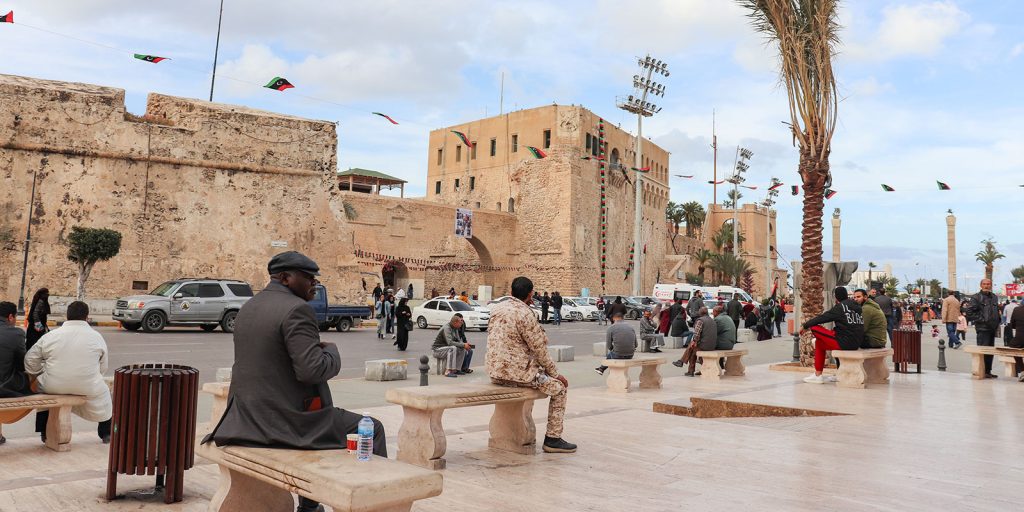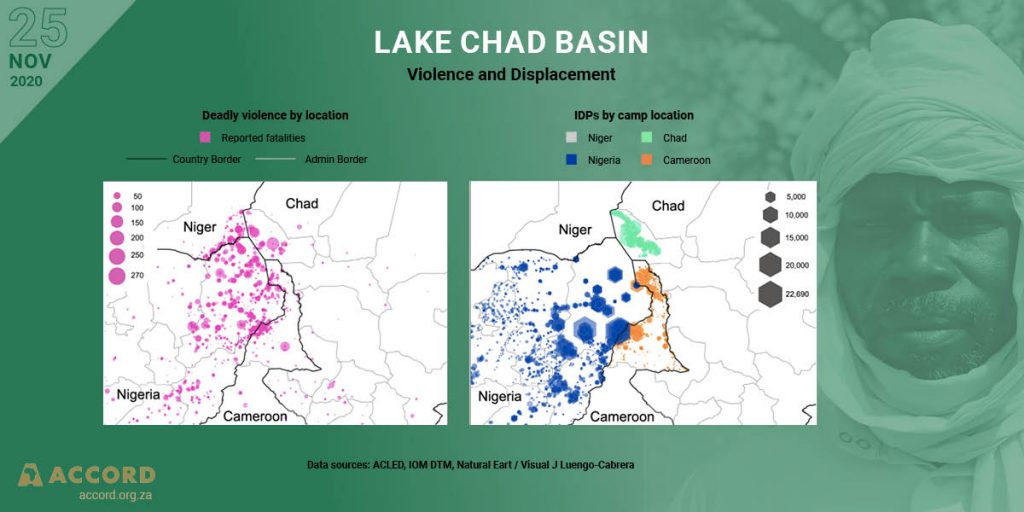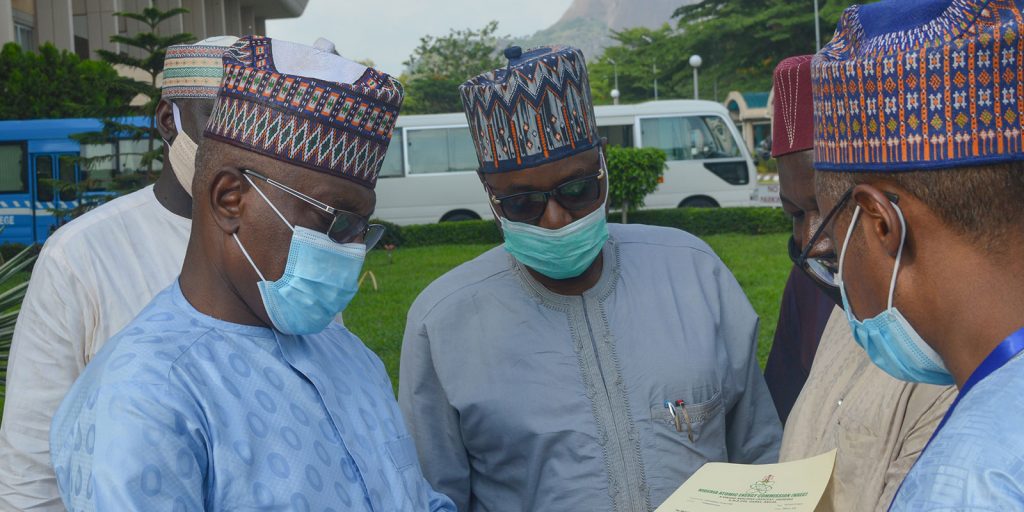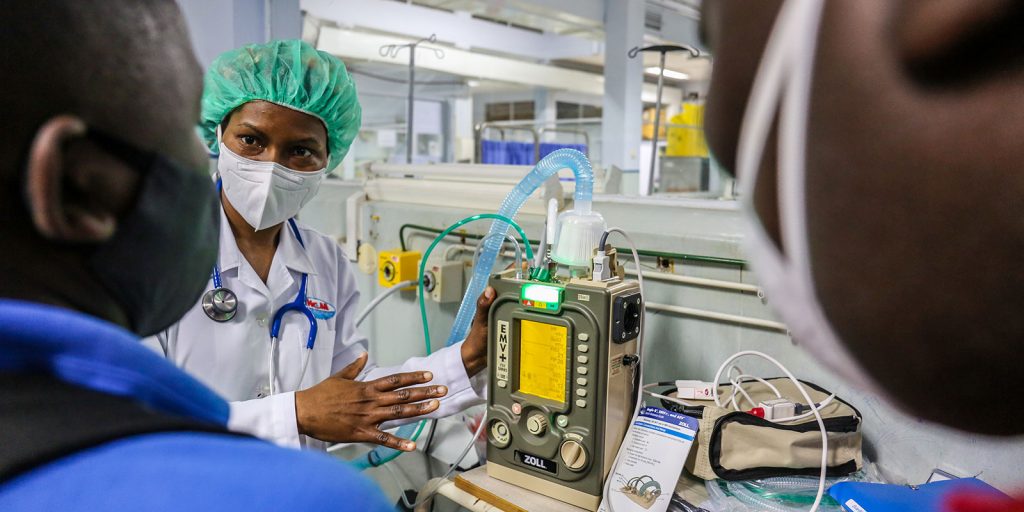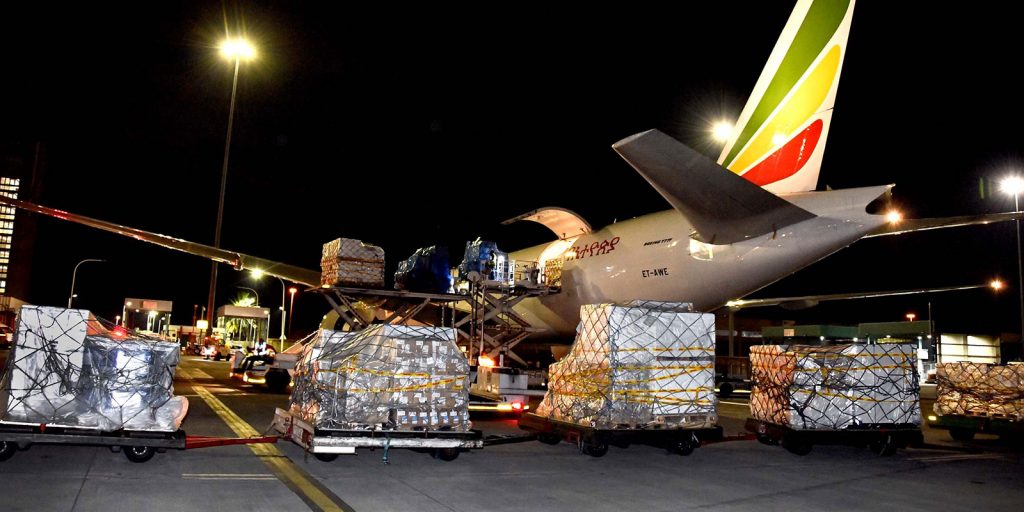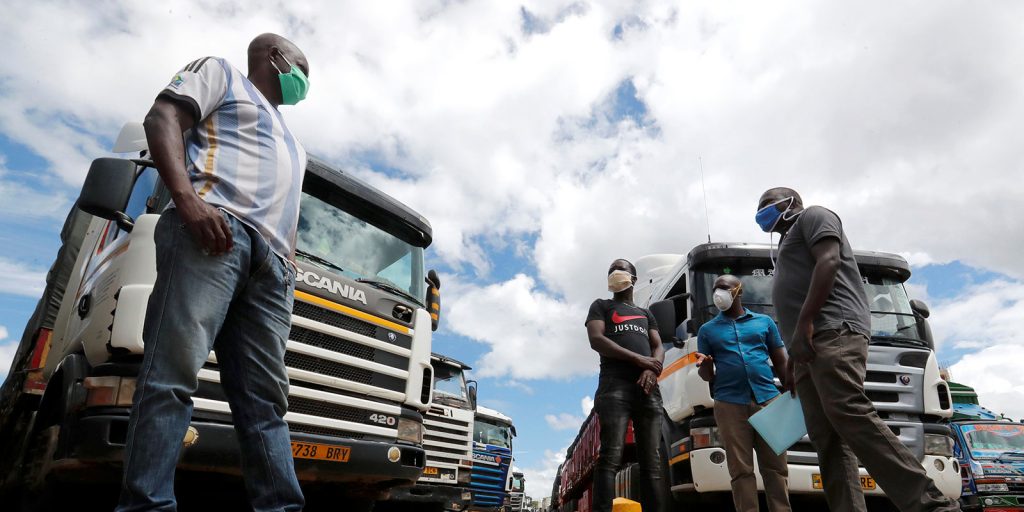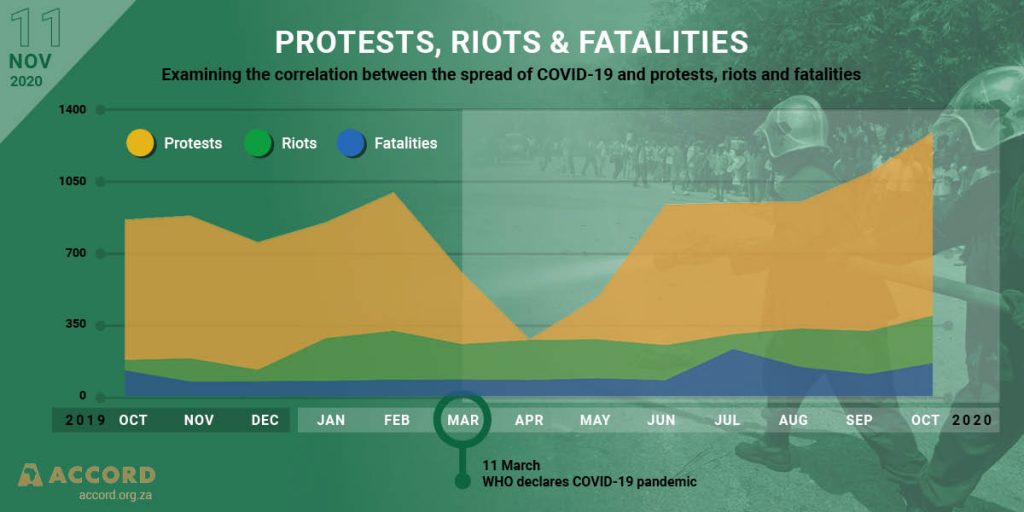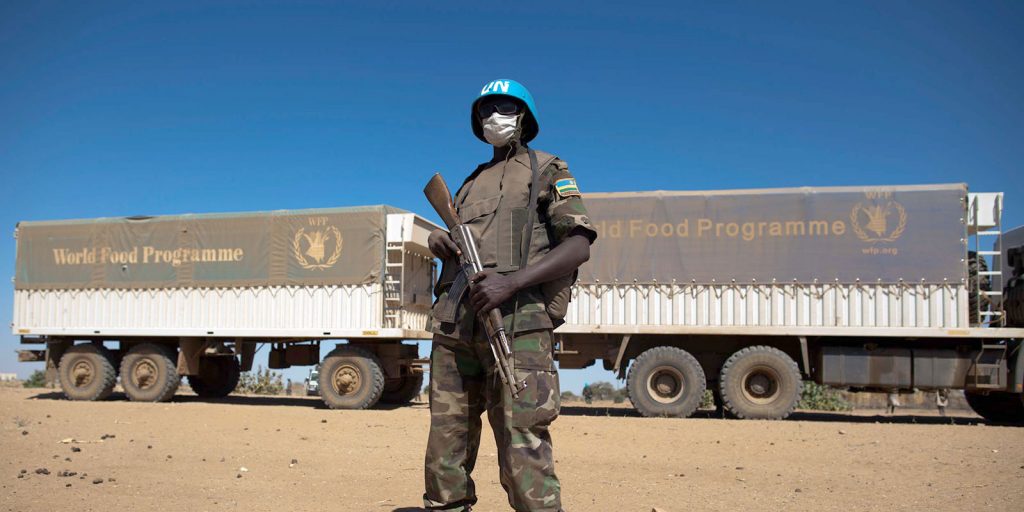
The economic impact of coronavirus pushes millions further into hunger
A few months ago, I warned the United Nations Security Council that the world stood on the brink of a hunger pandemic. A toxic combination of conflict, climate change and COVID-19 had threatened to push 270 million people to the brink of starvation. Famine was real. It was a terrifying possibility in up to three dozen countries if we did not continue to act like we had been acting. Fortunately, since then, the world really listened. Donors and leaders all over the world responded; they acted. Countries large and small took extraordinary measures to save the lives of their citizens and support their economies, spending US$17 trillion on fiscal stimulus and central bank support. The International Monetary Fund (IMF) and the G20 nations threw a lifeline to the poorest nations by suspending debt repayments. That made a huge impact. With our donors’ help, the global humanitarian community launched a huge and unprecedented global fightback against the coronavirus.

